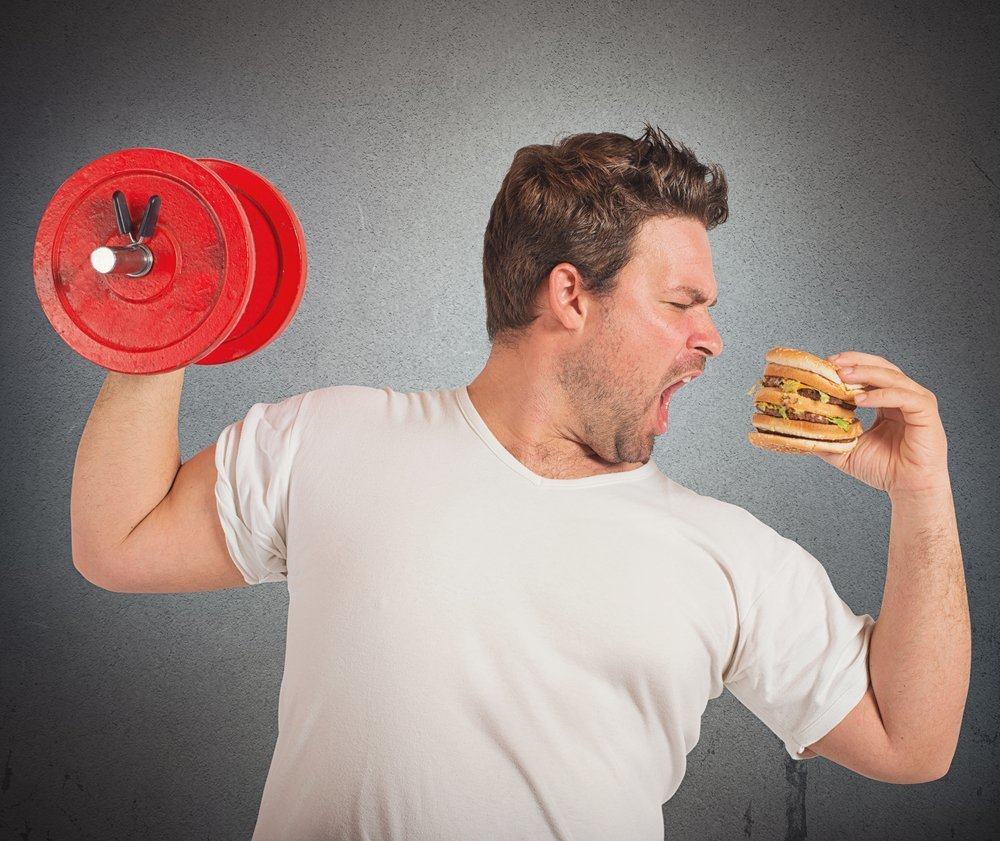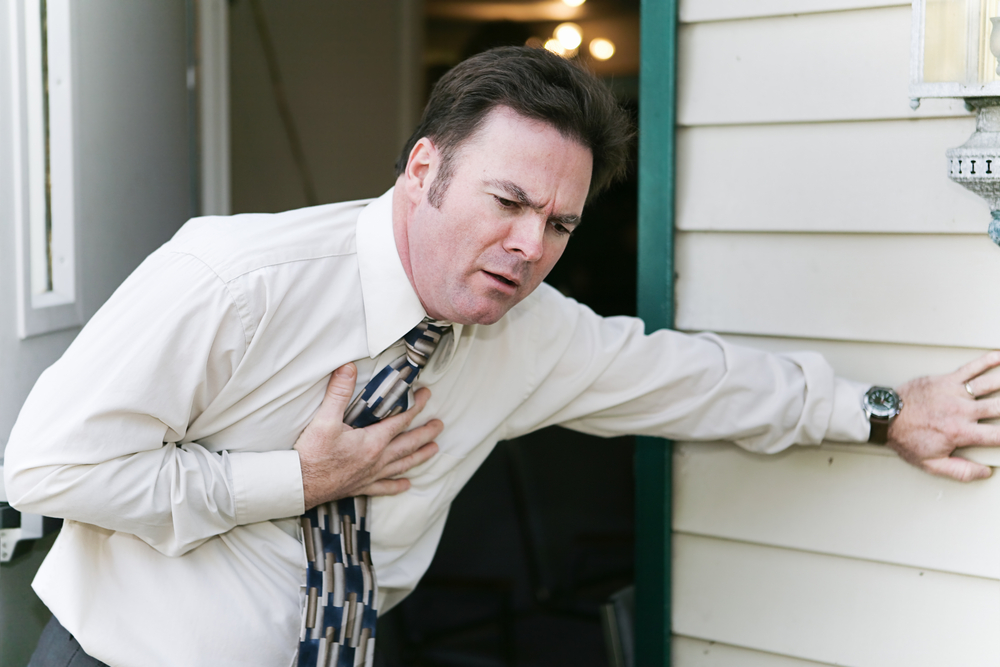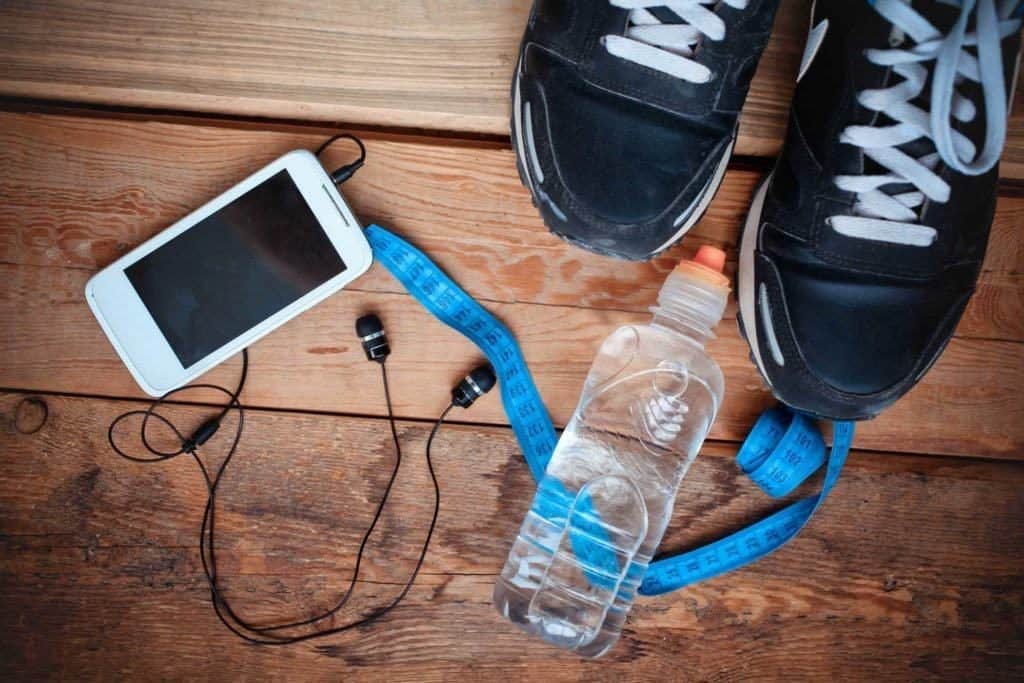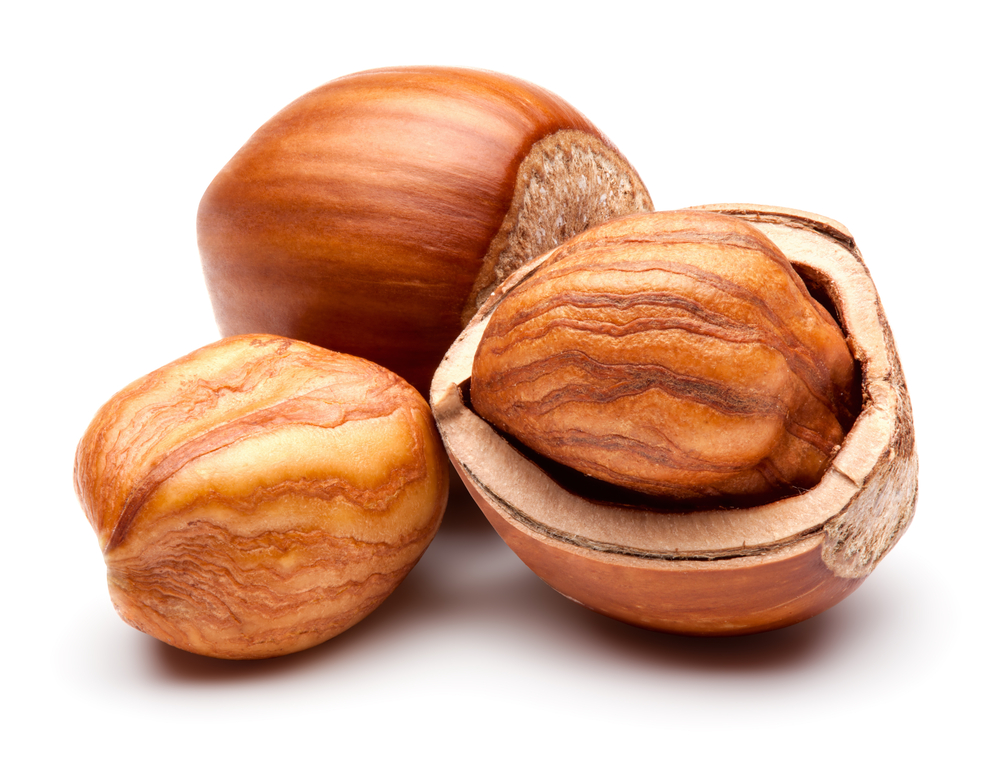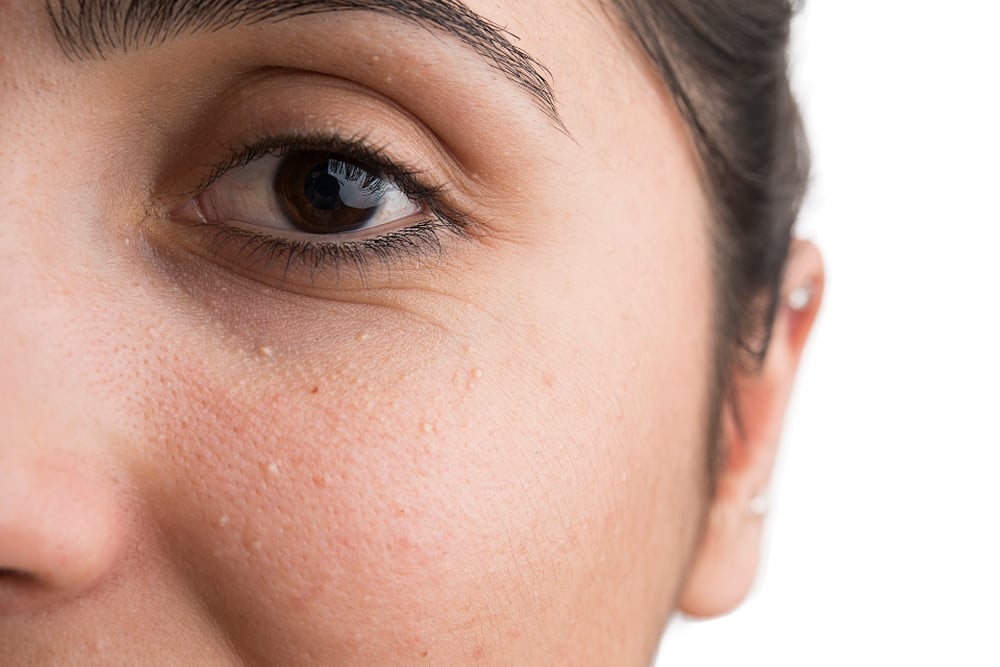Contents:
Medical Video: 10 Habits to Lose Weight Weight Without Diet or Exercise
After a yoga class, you have burned hundreds of calories after sweating "baked" sweat in a hot room for one and a half hours. So ... It's okay, right, to spoil yourself with an ice bowl mixed on the way home? Eits, wait a minute.
Research shows that we tend to reward ourselves with large portions of empty calorie snacks after exercise, and often the number of calories taken after eating blindly because of starvation after exercise is as large - if not more - than what is burned.
Why are we starving after exercising?
Research shows that low intensity exercise (value 4 on a scale of 1 to 10, where 10 is the most intense) can suppress hunger after exercise. The only disadvantage is that the extinguishing effect of appetite arises most strongly in people who are not active, so the more fit you are, the less you will experience the effect of suppressing appetite after exercising.
Hunger after exercise occurs because our bodies are programmed to survive. As the day progresses, the body will automatically realize that you need more food and then stimulate the hunger hormone.
"Your hungry hormones jump dramatically, making you want to eat. At the same time, your body's full hormones - which indicate that you are full - are on the decline, "said Barry Braun, PhD, professor of kinesiology and director of the Energy Metabolism Laboratory at the University of Massachusetts, reported by Fitness Magazine.
The desire to eat more after exercising more often affects women than men. Broadly circulating theories suggest that women's bodies are not only designed to survive but also to resist energy for reproductive purposes. So when your body feels that you are burning so much energy from exercise, the body wants to make sure you replace it as soon as possible.
How to deal with hunger after exercise so that the diet is not in vain?
It might take an hour to burn at least 500 calories but only five minutes to get it back. If you are not wise in getting around the appetite after exercise, you can cancel all the benefits of your training session in just one serving.
Fortunately, there is a smart way to quell hunger. Use this strategy and, with a little luck, prepare to welcome a flat stomach from your training session - instead of a more distended stomach.
1. Exercise before eating
If you are always starving after exercising - regardless of what you have eaten before or how many calories you burn - try to schedule your exercise before your main meal. That way, you can refuel with calories you will consume later, without having to add extra snacking sessions to your day.
This strategy is effective, no matter whether you are a sportsman in the morning, afternoon or night. Snack snacks after you wake up and eat a bigger breakfast after your morning jogging session; go to the gym during lunch and lunch sandwiches on the way back to the office; or prepare your dinner far away so you can warm it up when you come home from a night yoga class.
2. Choose snacks that are full of protein and balanced carbohydrates
When you need a snack to recover from a difficult memory session, experts suggest a 1: 2 carbohydrate ratio with protein. "This will allow you to start replenishing your energy and repair muscle damage from exercise," said Emily Brown, RD, a health dietitian at the Mayo Clinic and a former professional runner, quoted from TIME.
For a duration of exercise that does not exceed one hour, choose snacks that contain 150-200 calories, for example a piece of bread with peanut butter, block cheese and fruit, or a handful of baked beans. If your exercise session is more than one hour and won't eat big soon after, choose a snack that weighs at least half a gram of carbohydrate per half kilogram of body weight. Someone who weighs around 63 kilos, for example, has to refuel with 70 grams of carbohydrates and 18 grams of protein (a piece of energy bar or protein shake, and one choice of snacks above, enough).
For sports that last for more than two hours, such as trekking a bicycle or marathon, energy drinks or energy gels during exercise are enough to fight hunger after exercising.
3. Drink more
Most people don't drink enough before, during, and after their practice. Dehydration confuses the brain between the lack of fluids and not eating enough, which triggers hunger. So, drink before you decide to eat - most importantly, drink water as soon as possible after you finish exercising. The simple guide is to drink a quarter of a liter of water before snacking to make sure you're really hungry, not thirsty. People who drink 7 glasses of water a day eat nearly 200 fewer calories than those who drink less than a glass a day, according to a recent study from the University of North Carolina at Chapel Hill, reported by Prevention.
Low-fat milk is another option for starvation recovery drinks after exercise which is also enriched with protein to help you stay strong until the next meal. Studies show that refueling with low-fat milk, especially chocolate flavor, helps improve subsequent athletic performance to be even better than just drinking energy drinks.
4. Snacking all day
It may seem a little unreasonable, but snacking that is shared periodically throughout the day helps you to fight a soaring appetite after sweating. Entering 2-3 healthy snacks throughout the day will help regulate hunger between meals, increase energy, and keep metabolism high. Apples are an example of a healthy stomach filler snack, as is a whole wheat bread sandwich with peanut butter and banana slices.
5. Eat in the next 30 minutes
Research reports that exercise before meals helps reduce hunger. In a number of studies where large meals were served 15-30 minutes after exercise, people would be more likely to eat less than those who had to wait an hour or more after exercising. Other studies have also shown that people eat fewer calories after exercise when they consume carbohydrates during exercise.
READ ALSO:
- 7 Worst Foods Before Gym
- 7 Tricks to Maintain Weight for Those of You Who Eat Hobbies
- Is it healthy if you only eat salads?

